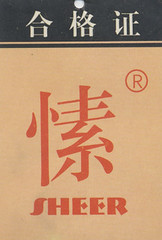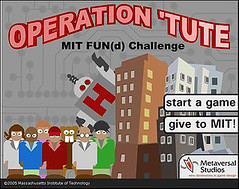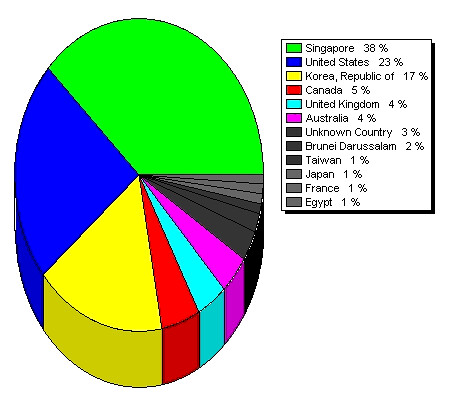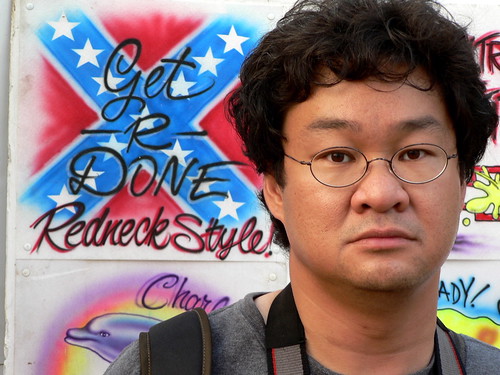On the paucity of (Sg) women in Grad School; Jorge Cham
A continuation (somewhat) from the previous post. Both online higher education sources that I follow on a regular basis reported today of Stanford putting in place a new childbirth policy intended to encourage more women to pursue advanced degrees (targetted primarily at PhDs). MIT also has a similar one, and that was used as a prototype for Stanford's.
It is designed to partially ameliorate the intrinsic conflict between the ‘biological’ and the ‘research’ and ‘training’ clocks for women graduate students. I guess the late 20s/early 30s is the crunch period for the majority of us. Most graduate students do not finish their Ph.D. programs until this time, and it happens to coincide with the important decision to start a family (if you are married; if not you probably want to seriously start dating). Many do not have children in grad school simply because of limited financial support. The stipends we receive are meant for one person only, and for most it is only slightly above the poverty line. (I hear that the humanities students are basically living hand-to-mouth.)
Many of my (JC and BS) female peers I have spoken to have this mistaken notion that PhDs lead primarily to a professoriate position, and then the problem of the tenure clock comes in. For engineering, tenure decisions are made on average 5 - 7 years after entry to the assistant professor rank. This has yet to take into account an additional 2 years for post-doctoral research. For the women who leave halfway for pregnancies this would definitely have a negative impact on their academic careers. If they wait too long, they either have to give up the chance of being a mother or go for adoption or undergo expensive fertilization treatments which may or may not work.
S, a close friend, on why she didn't consider grad school after her bachelors: In other professions, you leave because you find better opportunities elsewhere. In academia, you leave if you are a failure (no tenure). And besides, I do want to have a life (in both sense of the word) you know. Ouch.
For those who choose to go into industry, it ain't any much better. But at least many companies (here) will still consider your application if your PhD is recent and skill-sets relevant.
Guess I won't be seeing that many (Sg or otherwise) women at the grad level anytime soon.
Someone was asking me why there aren't that many male grad students dating women outside of school. 2 reasons:
a) Grad students earn much less relative to what we could have had if we had chosen to work after getting our bachelor degrees. Dating is expensive you know.
b) Outsiders don't really understand that we can be working in our labs 24/7. Although I think junior i-bankers and housemen also have similar workloads.
Edit: Another anonymous source has tipped me off on this article in Nature.
---------------------------------------------------------------------
Addenum (Jan 31): Now that you mentioned it,
Here's the (most famous) cartoonist ever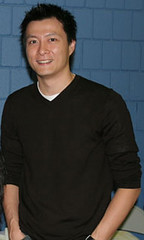
Jorge Cham
and the lecture he gave while touring various US campuses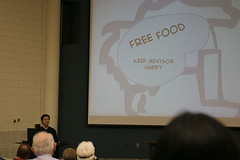
Inside the Brain of a typical Grad student
Go attend it, if he's coming to your school. Guaranteed to be worth your while skipping classes/lab research for that 1 hour of laughter.
